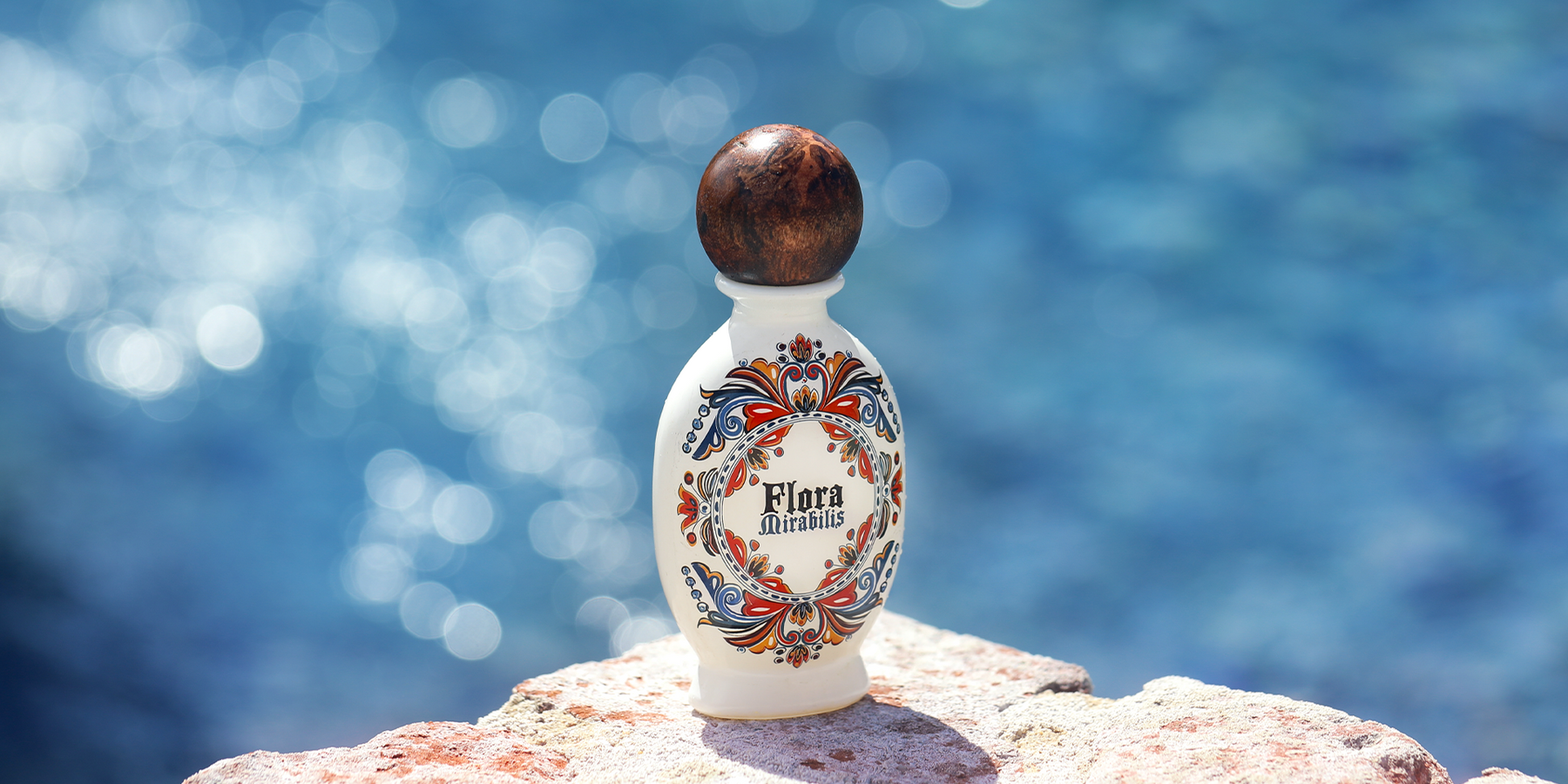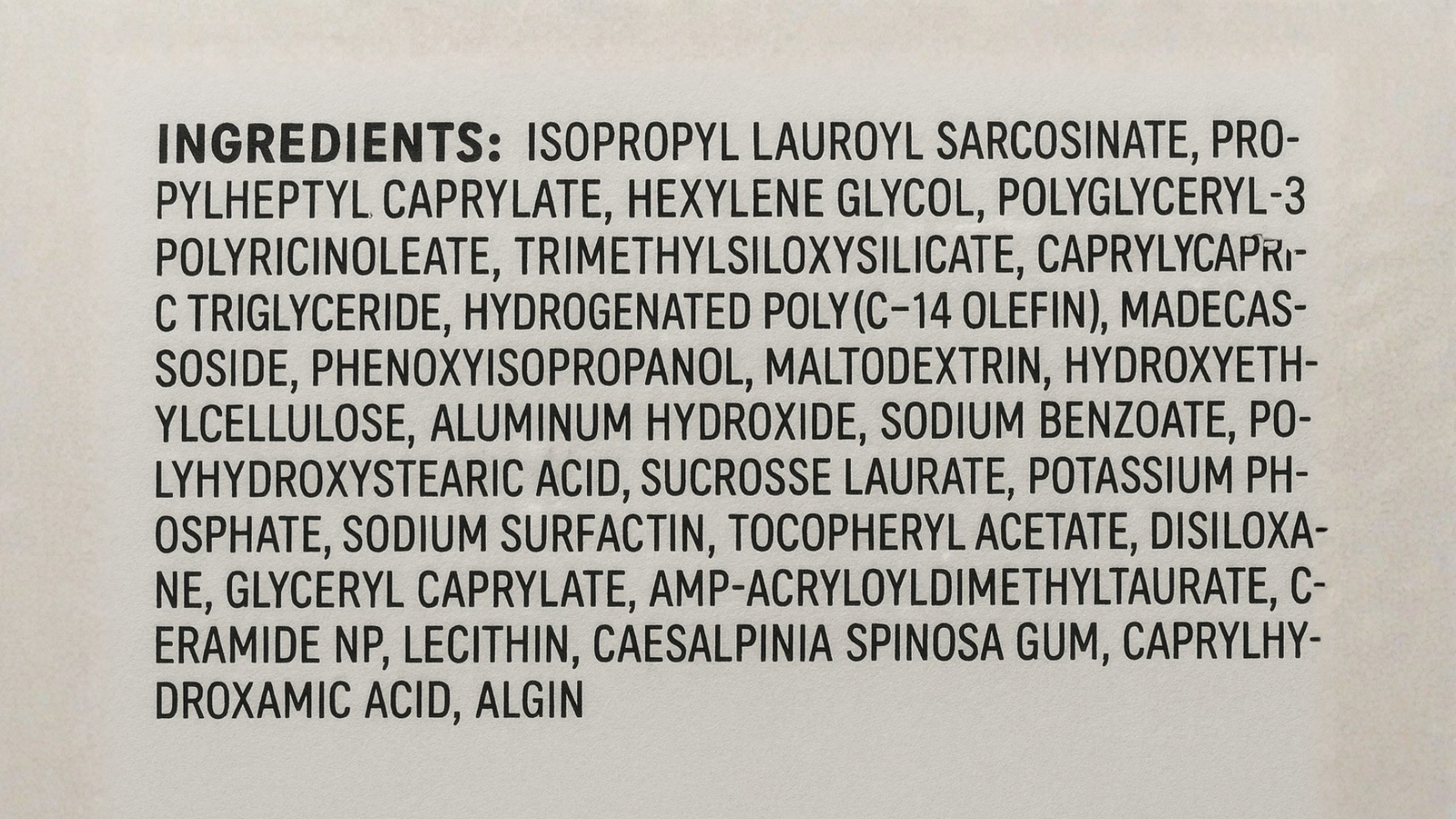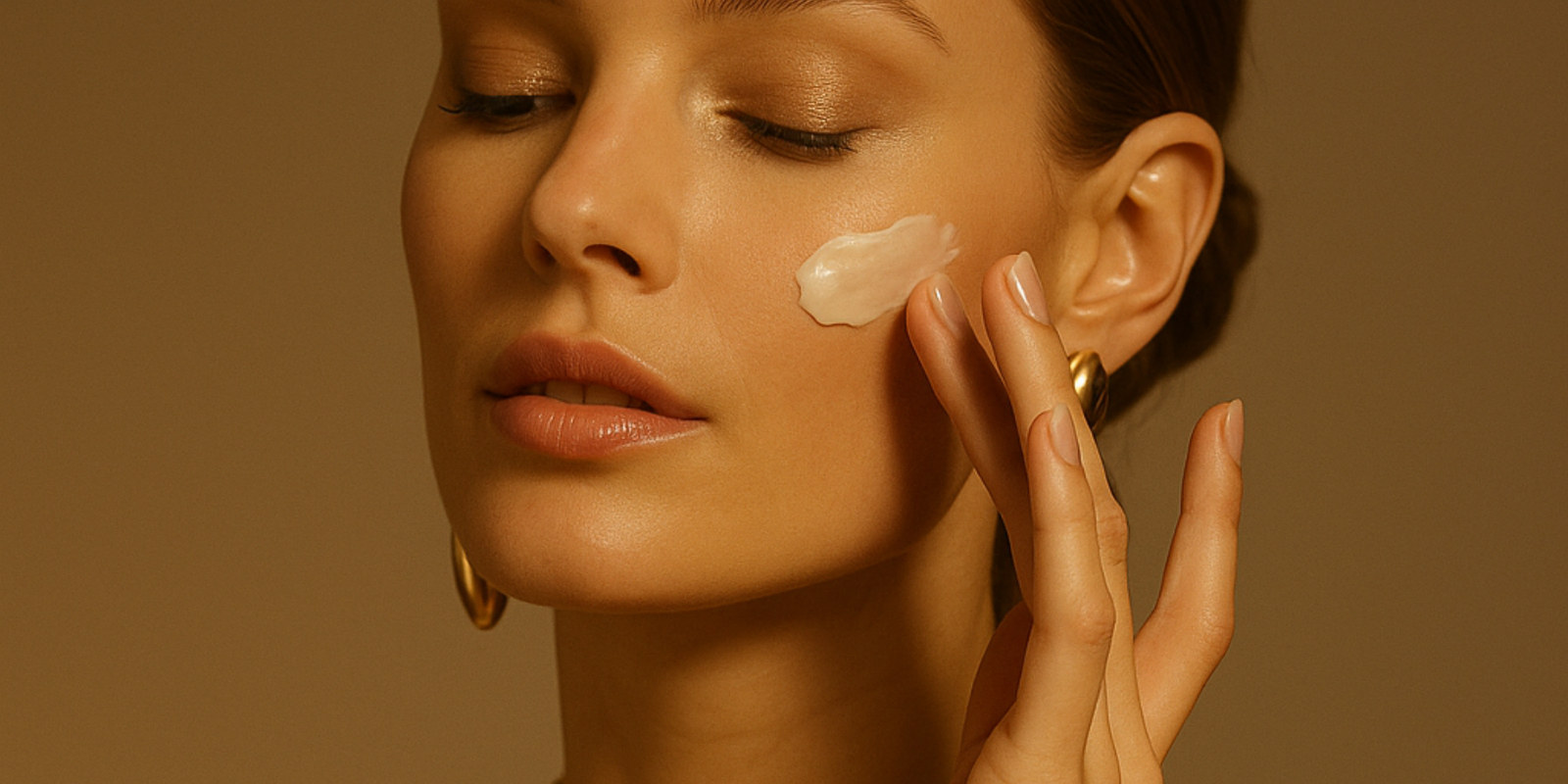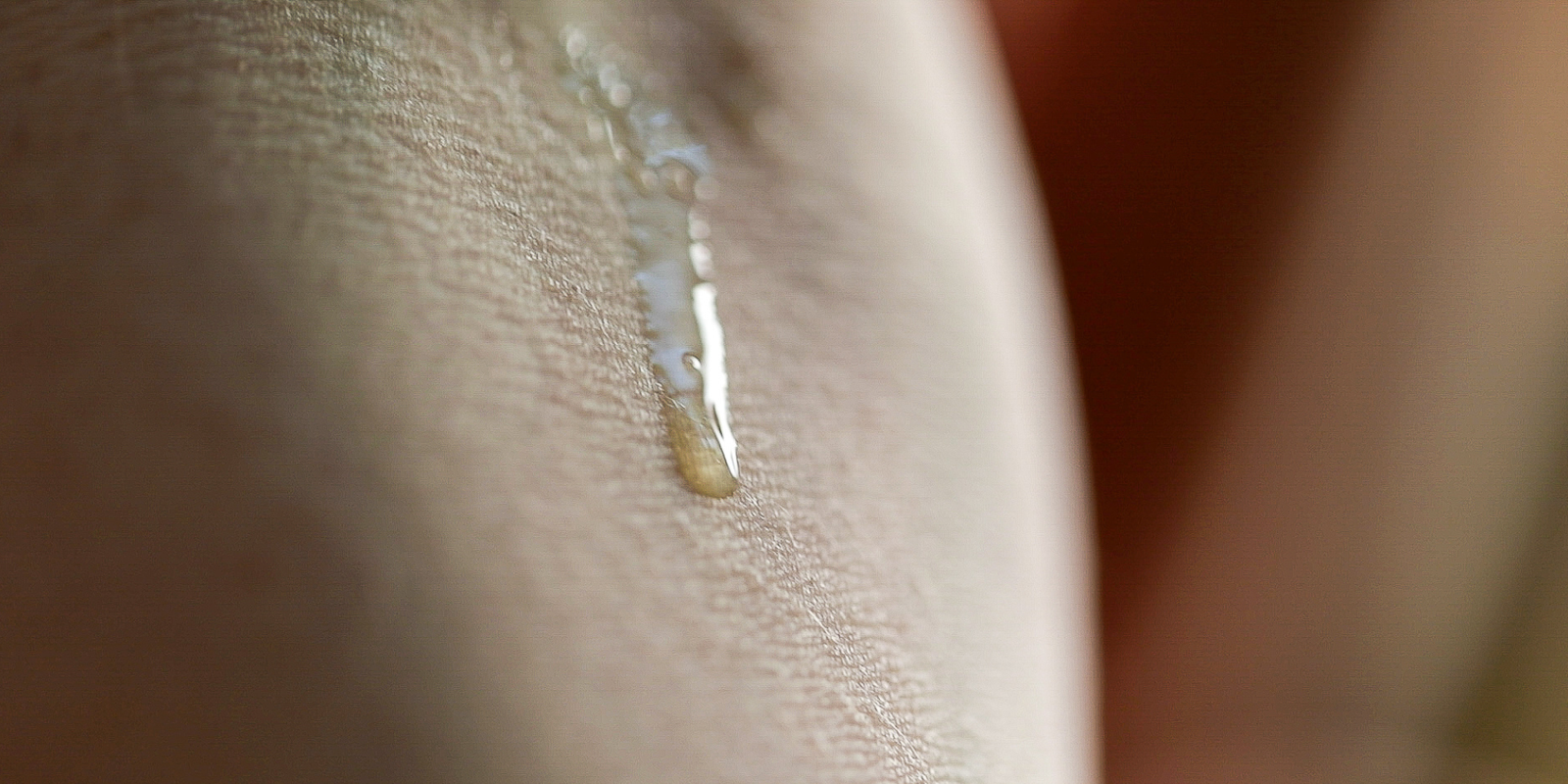EWG Verified & Leaping Bunny Certified | Free Gift $200+
EWG Verified & Leaping Bunny Certified | Free Gift $200+
This Is Why You Should Use Face Oils In Warm Weather

This Is Why You Should Use Face Oils In Warm Weather
Introduction.
Spring is officially here, and as the temperatures start to rise and we welcome warmer weather, it’s important to be aware of your skincare routine; depending on the products you are using, you may need an update! One of the best changes you can make for the health of your skin is incorporating face oil into your routine in place of traditional moisturizers.
While it may seem counterintuitive to use oil on your skin when it is hot outside, there are several compelling reasons why face oils are an excellent choice for warm weather. However, not all face oils are ideal for sunny weather. In this post, I’ll explain exactly why face oils may be the better choice for your skin than traditional moisturizers and the face oil ingredients you should avoid.
Breathability.
Perhaps you’ve heard the expression ‘letting your skin breathe’ regarding skincare. While your skin does not breathe in the same way that your respiratory system does, it does have the ability to absorb oxygen from the air and release carbon dioxide. This process is called cutaneous respiration. What most people mean, though, when they talk about letting their skin breathe, is allowing their skin to maintain its natural functions without being trapped under heavy products or makeup.
Many traditional facial moisturizers contain ingredients that are referred to as ‘plasticizers.’ These ingredients are added to increase the softness and pliability of the product; essentially, it gives them a better skin feel. Some of the most commonly used are silicones (dimethicone, cyclomethicone, anything ending in ‘cone’), polyethylene, and acrylates. The problem with these ingredients is that they act as occlusives, which means they form a physical barrier on the surface of your skin. In cooler weather, this is generally not a concern, but in warmer weather, this can trap sweat and oil and prevent your skin from thermoregulation (the process of regulating its temperature). This can often result in an increase in blackheads, pimples, redness, and irritation.
Face oils, on the other hand, are considered semi-occlusive. This means they provide a level of protection and prevent trans-epidermal water loss, which keeps your skin hydrated. However, they still allow your skin to ‘breathe’ so they won’t trap sweat and skin oil. This gives you the best of both worlds, and it is especially important in warmer weather when your skin produces more oil and sweat than usual.
Moisturization without heaviness.
In addition to letting your skin ‘breathe,’ most face oils (but not all) penetrate your skin quite easily. Your skin produces its own oil naturally to moisturize, repair, and protect itself, so when you apply the right oils to your skin, they sink right in without sitting on the surface of your skin. This results in a nice, lightweight finish that feels like your skin, just softer and smoother.
As I mentioned earlier, traditional moisturizers containing ‘plasticizers’ sit on the surface of your skin. When it’s warm out, and your skin is producing more heat, oil, and sweat than usual, this can feel quite heavy and uncomfortable. In the past, when I wore traditional moisturizers in the spring or summertime, I could definitely feel the sensation of something being on my face, and it was not a pleasant one!
Antioxidant protection.
Many face oils are rich in antioxidants, which are crucial for protecting your skin from environmental stressors like UV rays, which are more prevalent in warmer weather. Antioxidants are molecules that help protect your body from oxidative stress caused by free radicals. Free radicals are unstable atoms that can damage your cells, and antioxidants neutralize them by adding an electron, stabilizing them, and preventing them from causing harm.
When your skin is exposed to too many UV rays, this can cause premature aging in the form of hyperpigmentation (sun spots), fine lines, and damaged skin. By using a face oil that contains natural antioxidants, you can keep your skin healthy and protected and preserve its youthful appearance.
Natural sun protection.
It is not commonly known because there are strict regulations around claims of SPF in a product, but most natural oils contain their own natural sun protection abilities. These are inherent to the plant from which they are sourced; the plant produces chemical compounds in order to protect itself from sun exposure. By applying these oils topically to your skin, you can obtain those same UV protection properties. It varies from oil to oil, but most plant oils contain the equivalent of about an SPF 10. Of course, if you are going to be out in the sun for a prolonged period of time, this would not replace your traditional SPF.
Soothing sunburns.
In warmer weather, when you are out in the sun more often and for longer periods of time, you have an increased risk of sunburn. When you are exposed to too much UV radiation, your body’s defense mechanisms become overwhelmed, and your skin responds by increasing blood flow to the affected area, leading to redness and inflammation. Your skin will try to repair the damage, but it can cause cell death and peeling skin if it is too extensive.
Face oils work wonderfully to soothe sunburned skin by providing intense moisturization. That alone can make a huge difference, but depending on the ingredients, face oils can also help to treat the redness and irritation that accompanies sunburn. In particular, Lavender, Frankincense, Geranium, and Chamomile can be quite beneficial.
Face oil ingredients to avoid.
While I am a huge fan of using face oils year round, there are some common face oil ingredients that should be avoided at all times, but especially in warmer weather. These would be any citrus-based oils such as Lemon, Lime, Bergamot, Orange, and Grapefruit. While these oils may smell incredible, they contain compounds called furanocoumarins that can trigger a phototoxic reaction. This means that when you apply these oils and expose your skin to sunlight, these compounds will interact with UV rays and cause inflammation and redness, or even blistering and burns in severe cases. I always tell people to avoid citrus oils on their skin at all costs and, instead, save them for diffusing in the air or to clean with.
How to choose the best face oil for warmer weather.
When choosing a face oil, especially for warm weather, there are a couple of things to be aware of. First, you want to make sure the carrier or base oils are easily absorbed into your skin. My favorites are Sacha Inchi, Apricot Kernel, Safflower, Grapeseed, Hemp, Argan, Jojoba, and Meadowfoam oils. Avoid heavy oils that tend to sit at the surface of your skin, such as Avocado, Coconut, Palm, Evening Primrose, and Macadamia oils. Next, you want to make sure you are avoiding face oils that contain the citrus oils I previously mentioned- Lemon, Lime, Bergamot, Orange, and Grapefruit.
Our Holy Grail Face Oil checks all the boxes for your warm-weather skin savior.
I designed our Holy Grail Face Oil to work year-round by including a base of lightweight oils that deeply moisturize yet readily absorb into your skin (Sacha Inchi, Apricot Kernel, and Pomegranate Seed) and excluding any citrus oils from the formula. The essential oils used are skin-safe and sun-safe and are rich in antioxidants to protect your skin from the hot sun.
I have had so many clients and customers tell me how much they love the feel of it on their skin in warm weather, how their skin feels like it can ‘breathe’, and how it can quickly reduce the redness and inflammation caused by a sunburn. If you’re looking for an answer to your warm-weather skin woes, I’d suggest trying our Holy Grail Face Oil and seeing what it can do for your skin.
Conclusion.
In conclusion, incorporating a face oil into your skincare routine in place of a traditional moisturizer can offer numerous benefits, including enhanced moisturization and breathability, powerful antioxidant and sun protection, and natural sunburn relief. By choosing a face oil with the right ingredients for warmer weather, you can ensure your skin will look and feel its best and embrace these sunny months with confidence and radiant skin.
Resources.
https://www.ncbi.nlm.nih.gov/pmc/articles/PMC2290093/
https://www.ncbi.nlm.nih.gov/pmc/articles/PMC9083541/
Also in Apotheca Edit

The Hidden Cost of Fillers: You’re Paying for Ingredients That Irritate Your Skin
Many skincare products rely on “filler” ingredients—fragrance, dyes, and texture agents that offer no real skin benefit and may contribute to irritation. Learn how to spot them and choose formulas built only with active, purposeful ingredients.

The Dangers of Designer Skincare
The price tag of luxury skincare doesn’t mean rare ingredients and better results. Many designer formulas prioritize packaging gimmicks and prestige over true skin health—often using silicones, synthetics, and preservatives that quietly damage your skin barrier. Learn about label transparency and why “premium” isn’t always better to reveal what skin nourishment really looks like.

The Top 10 Best (And Worst) Oils to Use On Your Face
I get asked all the time about using oils like avocado, olive, and coconut on the face—and the truth may surprise you. Not every “natural” oil is good for your skin. In this post, I break down the best and worst oils to use, what their comedogenic ratings really mean, and how to choose the ones that will actually nourish your skin instead of clogging it.
Subscribe
Sign up to get the latest on sales, new releases and more …
Reviews
See why 1000's have simplified their skincare with Flora Mirabilis.
